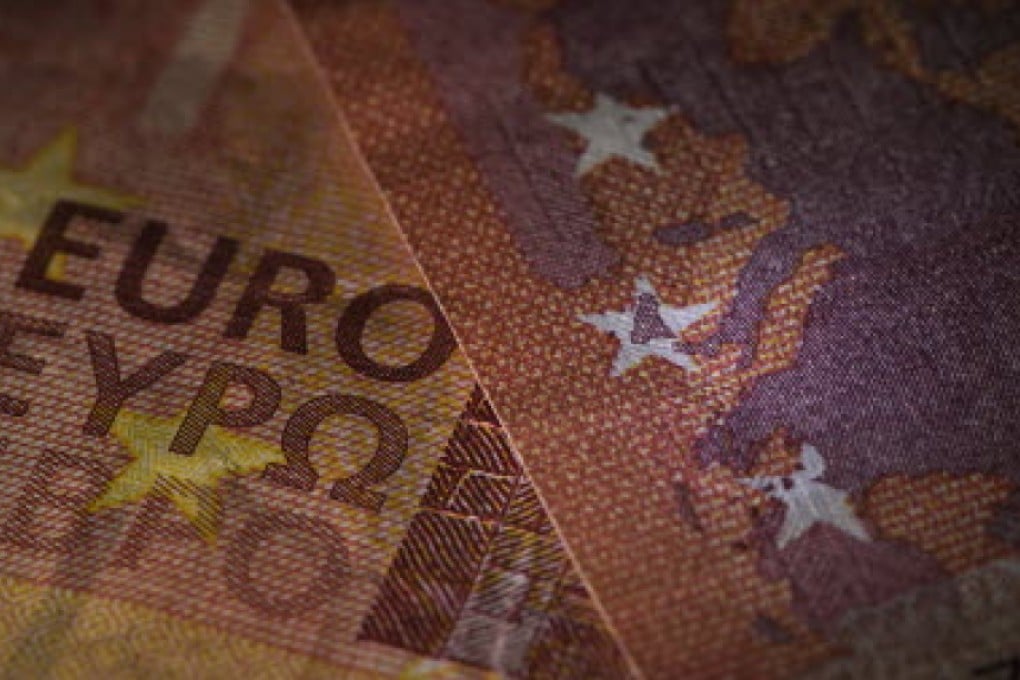Portfolio | Euro tipped to fall 10 per cent against US dollar amid Grexit worries

The euro is facing a 10 per cent correction toward parity with the US dollar as early as the third quarter, due to the escalation of the Greek crisis and the country’s possible exit from the euro zone.
The worsening situation in Greece will likely accelerate the sell-off of the euro as investors cash out from Greece and other European markets amid fears over financial market turmoil, said a report by ABN AMRO.
“[The] Greek No-vote will result in a sharp deterioration in sentiment and hurt foreign exchange with weak fundamentals,” said ABN AMRO senior foreign exchange strategist Roy Teo in a note.
“We expect a risk-off scenario with safe haven currencies benefiting. It is likely that the euro will fall under pressure across the board,” he wrote.
The euro could test the previous low on March 13 of just below 1.05 in the days ahead, and continue to fall into parity with the greenback in the third quarter and remain so for the rest of the year, he said. The euro was trading around 1.1 on late Tuesday.
Koon How Heng, senior currency strategist at Credit Suisse Private Banking and Wealth Management, held a similar view. “We maintain our core negative view on EUR/USD and expect renewed weakness below 1.10, and eventually towards parity,” he wrote in a report.